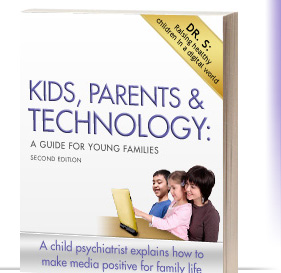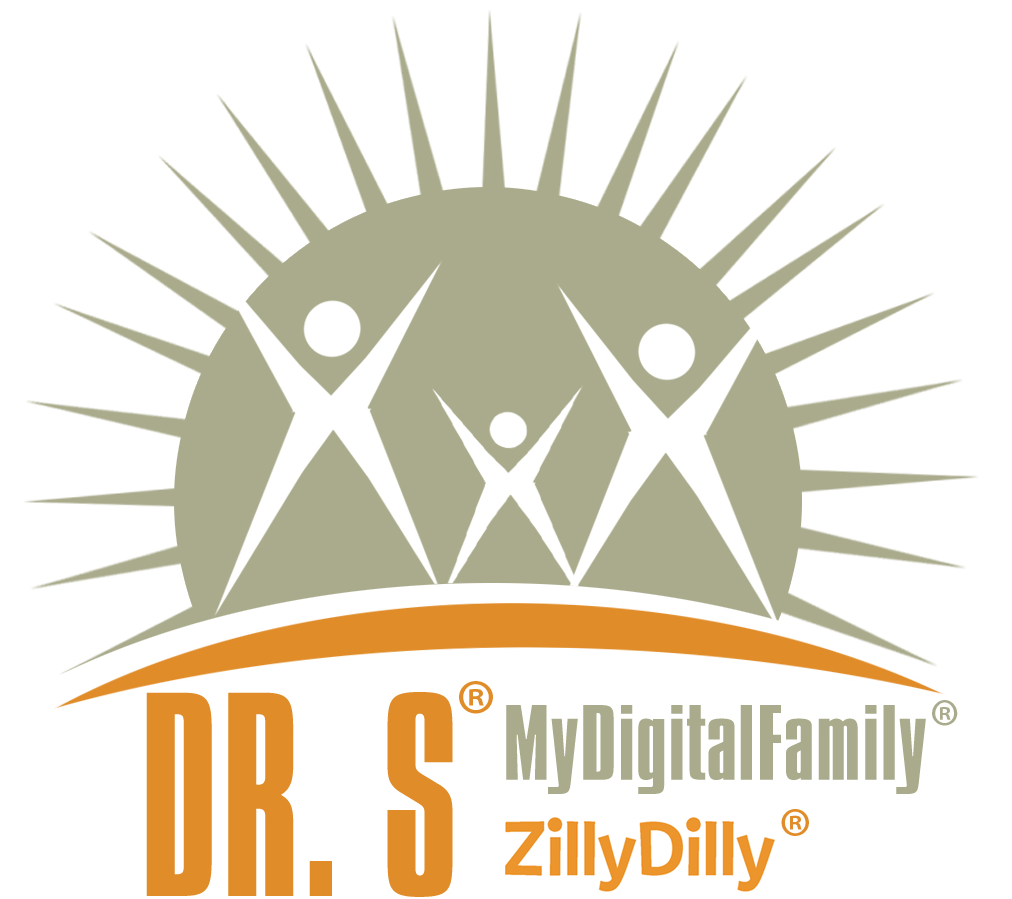Divorce
Eitan D. Schwarz, M.D., D.L.F.A.P.A., F.A.A.C.A.P.
CLINICAL ASSISTANT PROFESSOR, FEINBERG SCHOOL OF MEDICINE
NORTHWESTERN UNIVERSITY
CHICAGO, IL
Copyright © 2008 Eitan D Schwarz. All rights reserved. This handout may be copied and distributed only for non-profit educational use.
Q: When should I be concerned about sexual abuse or some other kind of abuse by my ex-spouse?
A: Divorce itself can often be very disruptive to children and cause a variety of emotional and behavioral symptoms. In this setting, the trauma of abuse is but one possible cause, and not necessarily the first explanation to consider. If the child continues to show distress or other behaviors that worry you or his teachers, have him evaluated by a professional – ask your pediatrician, school, church leader, police, local emergency room, or local social service agency for a proper referral.
Q: My husband and I are in the process of a difficult and unpleasant DIVORCE, and my son is angry and doesn’t want to do anything but watch television. Could my son be experiencing my husband’s emotional distancing as a kind of VIOLENCE directed at him? How can I help my son deal with this ANGER and depression?
A: You are correct to wonder about how any human conflict may be experienced as violence… And how divorce may be a particularly sad example.
There are some people who are uncomfortable with any type of conflict, controversy, or friction, to whom mild verbal aggression or even assertion can feel like violence.
There are others whose tolerance for confrontational experiences is higher and who may even thrive on them. However, by any definition, physical or excessive verbal aggression is violence. A child trusts parents to cooperatively protect and nurture him, and in doing so to support each other and treat each other with respect. Especially during a divorce, a child struggles to preserve crucial feelings of safety and security that come with knowing that the two people he must depend on –and wants and needs to trust most — are working harmoniously and competently on his behalf.
Additionally, a child needs to trust his parents to manage their emotions and behavior better than he himself can, and is frightened and overwhelmed when they fail him when quarreling like children. Although most children usually expect both parents to meet these needs and know when they have failed, it is a rare child who can or would actually articulate his needs or describe the injuries experienced when they are frustrated.
A harsh tone and loud voice between parents can be as betraying of a child’s trust — or as frightening — as physical blows, especially if a child does not have ways to understand what is happening or is insufficiently comforted and reassured. It is always best to avoid such behavior, especially in front of a child.
Aside from witnessing actual violence, a child may also react to the loss of the feeling of the home he grew to depend on and of familiar routines of family life, to disruption of other routines and daily comforts, to the imagined or real loss of a parent who leaves home, and to the emotional stresses — manifested by irritability or emotional absence — of the parents.
Of course, if the home had been violent or chronically tense or cold, the child may be better off with a new arrangement.
Parents often directly or subtly compete for loyalty or recognition as ‘the better parent’ or emotionally exploit the child for their own support or comfort. Parents may openly and endlessly wrangle about visitation, child care, child support and other parenting tasks, or speak angrily or badly of the co-parent. Such parents are betraying their child’s trust.
Any parent who is stressed by anxiety or depression, or is excessively preoccupied with or consumed by self-righteous anger at the co-parent may not be functioning optimally as a parent and may be partially or even fully lost to the child.
Without professional evaluation, it is impossible to explain any one child’s reaction. Withdrawal and anger are not unusual reactions in a child to often unintended and unrecognized — but all too common and damaging — betrayals by his divorcing parents.



